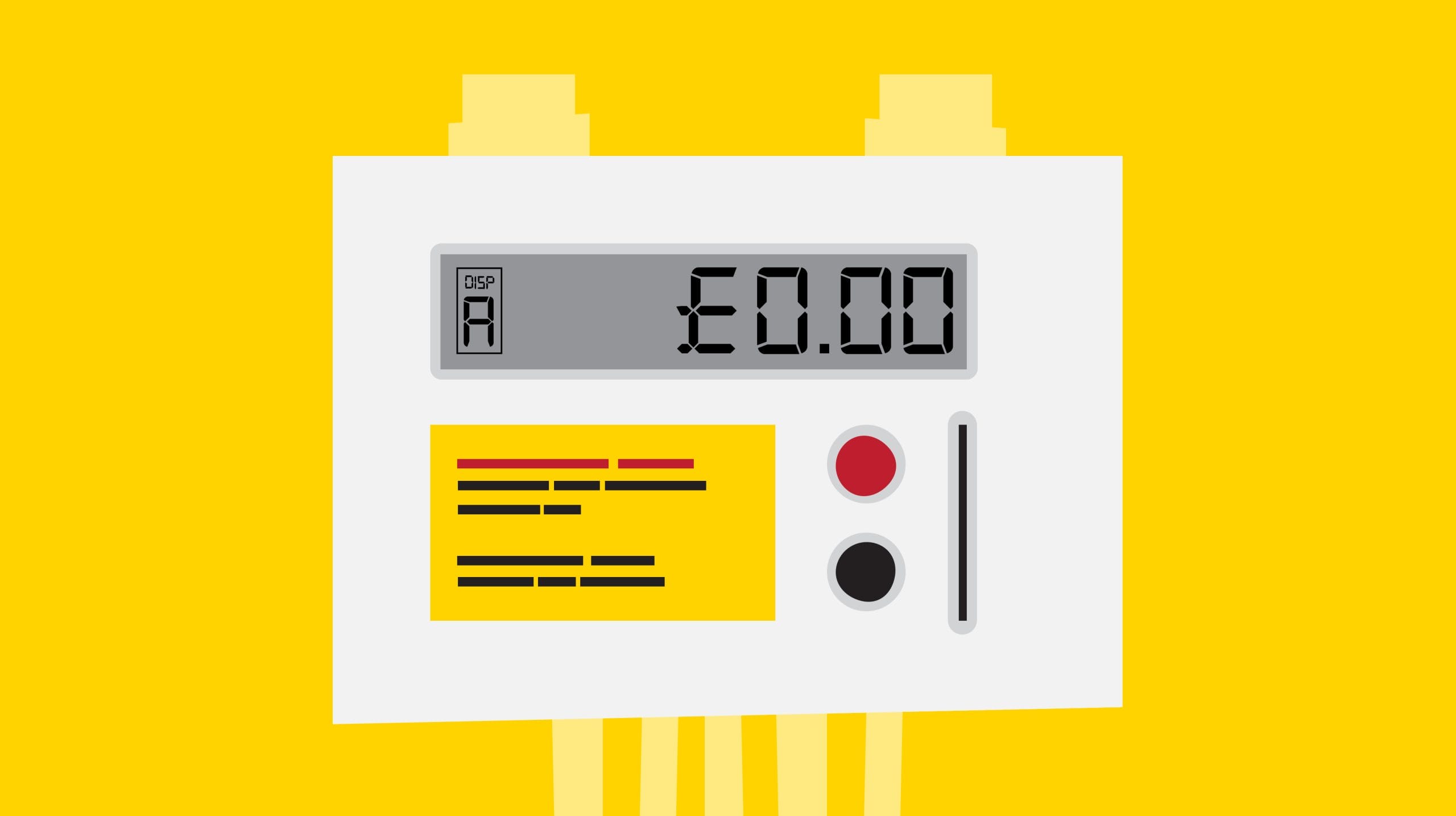According to Fuel Bank Foundation, households using prepayment meters – who are forced to pay upfront for their gas and electricity – will be hardest hit.
Energy regulator Ofgem announced the new energy cap, which sets the maximum rate per unit that customers can be charged for energy, on Friday, 23 August.
The cap, which comes into force in October, will rise from £1,568 to £1,717 for the average dual fuel household paying by direct debit. Households prepaying for energy via a meter will pay £1,669 a year, up from £1,522.
Fuel Bank Foundation, which provides crisis support to people who can’t afford to top up their prepayment meter, said millions of households will struggle to heat and power their homes.






